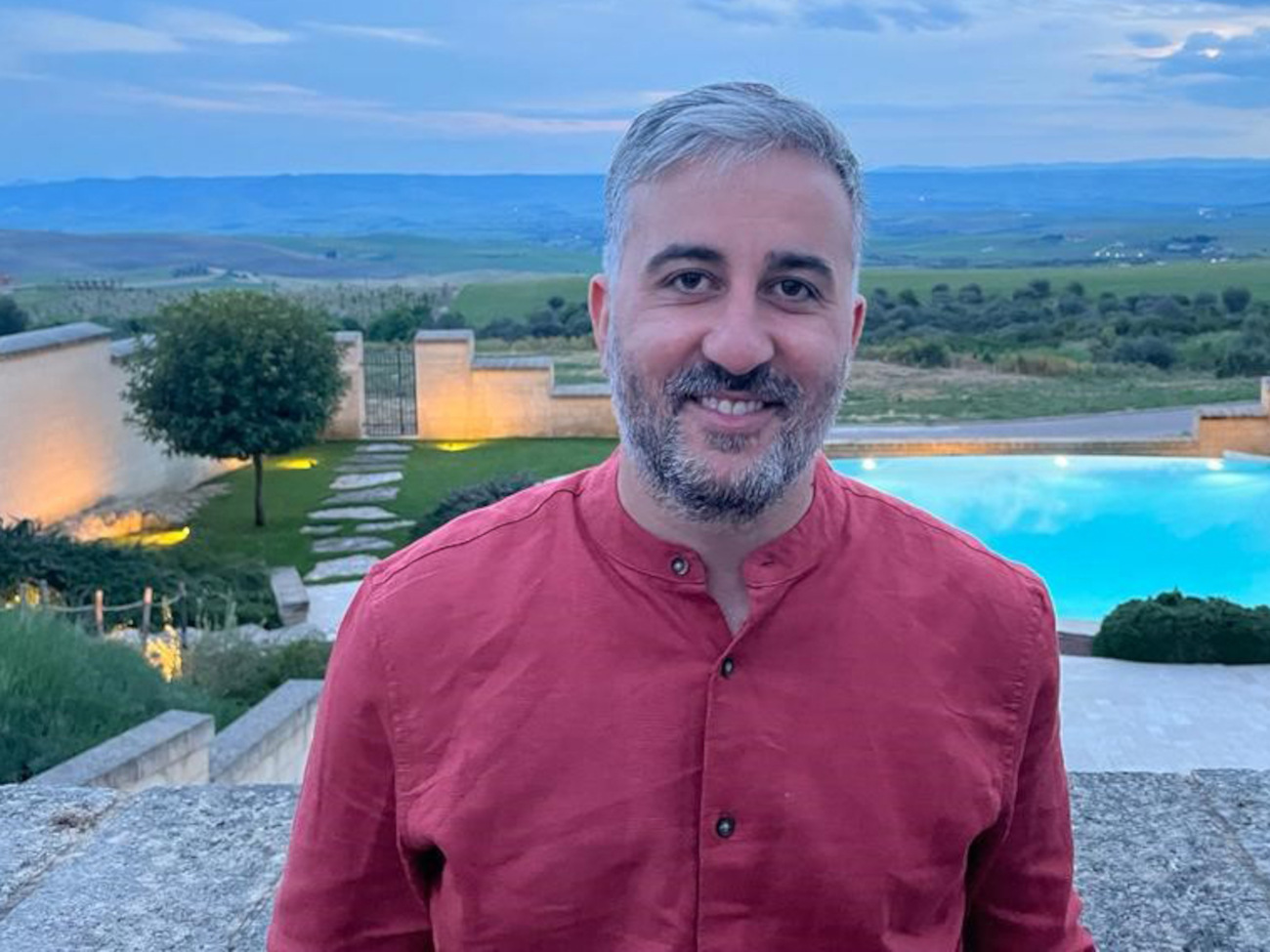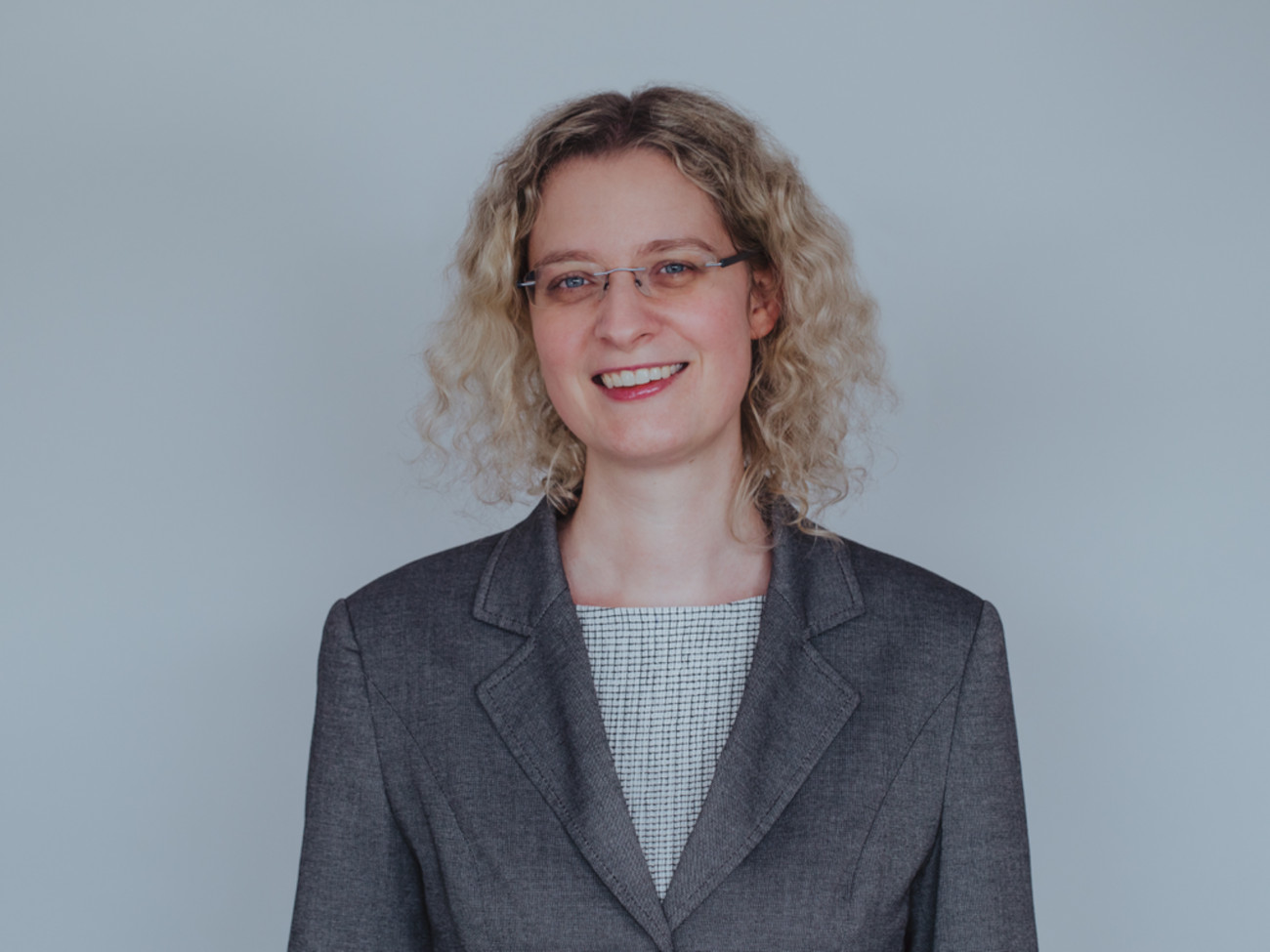
© Universität Bremen
Innovative Career Paths in Academia
Permanent positions in research and teaching – without a professorship
Two job categories in the central academic structure provide scientists and the university with planning security: since 2017, (senior) researchers and (senior) lecturers at the University of Bremen have been conducting research and teaching independently of a professorship.
Bachelor, master, PhD – and then what? Those who embark on a career in academia often aim for a lifetime professorship. But this is by no means the case for everyone: according to a recent study by the German Centre for Higher Education Research and Science Studies only around forty percent of postdoctoral students pursue this goal. A further forty percent would like a permanent position in teaching and research that is independent of a professorship. However, permanent positions in teaching and research in the German higher education system are rare.
New Pathways in Academia
In 2018, the University of Bremen was the first university to create two new job categories in academia: academics can already apply as postdocs for the researcher and lecturer positions. These positions are based in the central academic structure, are characterized by autonomy in research and teaching, and, following a positive evaluation, lead to permanent employment as senior researchers or senior lecturers. The two categories thus provide the chance to plan a career in academia, independently of a professorship.
Marcello Gugliotta has been a researcher at the University of Bremen since 2020. He came to the Hanseatic city after three years as a postdoc in Japan. “The tenure-track option as a researcher at the University of Bremen was the ideal next step in my career. The university is internationally renowned for its marine research. This fits well with my research in sedimentology in coastal environments,” he reports. “My position allows me to work independently on topics that I consider relevant in my discipline. With all this freedom, it is important to be well organized and think critically. Of course, the option of obtaining a permanent position by means of an evaluation is particularly attractive. This gives scientists like me a great opportunity.”

© Privat
He is also involved in teaching and administration: “Although my title is ‘Researcher,’ I naturally also give courses, organize excursions with my students, supervise their projects, and work in academic self-administration.”
Independent Research and Teaching
The job categories Lecturer and Researcher differ in terms of content, as implied by the titles. Both are involved in teaching, but the (senior) lecturers have a higher teaching load. (Senior) researchers, on the other hand, focus on research. Both categories have in common the evaluation at the end of the four-year tenure-track phase. The term “tenure-track” refers to a procedure in which a certain probationary period with a final review is followed by a permanent position.
Teach and Still Be Able to Research
Anna Mattfeldt has been a lecturer since 2020. “When I applied for the position, I already knew the University of Bremen from several linguistic conferences. I was and still am enthusiastic about the research that is being carried out here. Being able to strive for a long-term position in the central academic structure at such an innovative location for science – with a focus on teaching without having to forgo research – absolutely convinced me.”

© Matej Meza
The academic finds her work varied and exciting: “Of course, I design and teach courses in various modules, especially in German Studies, but also in General Studies, for example, and supervise theses. For example, I am currently also working with the Center for Multimedia in Higher Education – ZMML (Zentrum für Multimedia in der Lehre) on sustainable e-learning formats for deepening grammar knowledge in teacher training. In addition, I am a participating researcher in the faculty of the Deutsche Forschungsgemeinschaft (German Research Foundation) Research Training Group ‘Contradiction Studies,’ which investigates constellations of contradictions in an interdisciplinary manner. Thus, I am also involved in supporting doctoral candidates. The transfer of knowledge is important to me too: last semester, in addition to a lecture series and involvement in the Children’s University, I also provided academic advice regarding an exhibit at the ‘Bremen spricht’ (‘Bremen speaks’) exhibition at the Focke Museum. Furthermore, I publish research articles, for example on language in digital communication and discourse linguistics. I also give lectures at specialist conferences and sometimes organize a workshop or conference.”
Seven Faculties Currently Involved
The different formats of the two job categories enable academics to concentrate on teaching or research in line with their interests, without having to forgo the other. A total of 14 researcher positions and two lecturer positions are currently filled at the University of Bremen. To date, seven of the twelve faculties of the University of Bremen are represented with a total of ten subjects: Anglistics, German Studies, Fine Arts, Geography, Business Studies and Economics, Geoscience, Psychology, Inclusive Education, Public Health, and Educational Science.
Further Information:
Academic career as Researcher or Lecturer at the University of Bremen